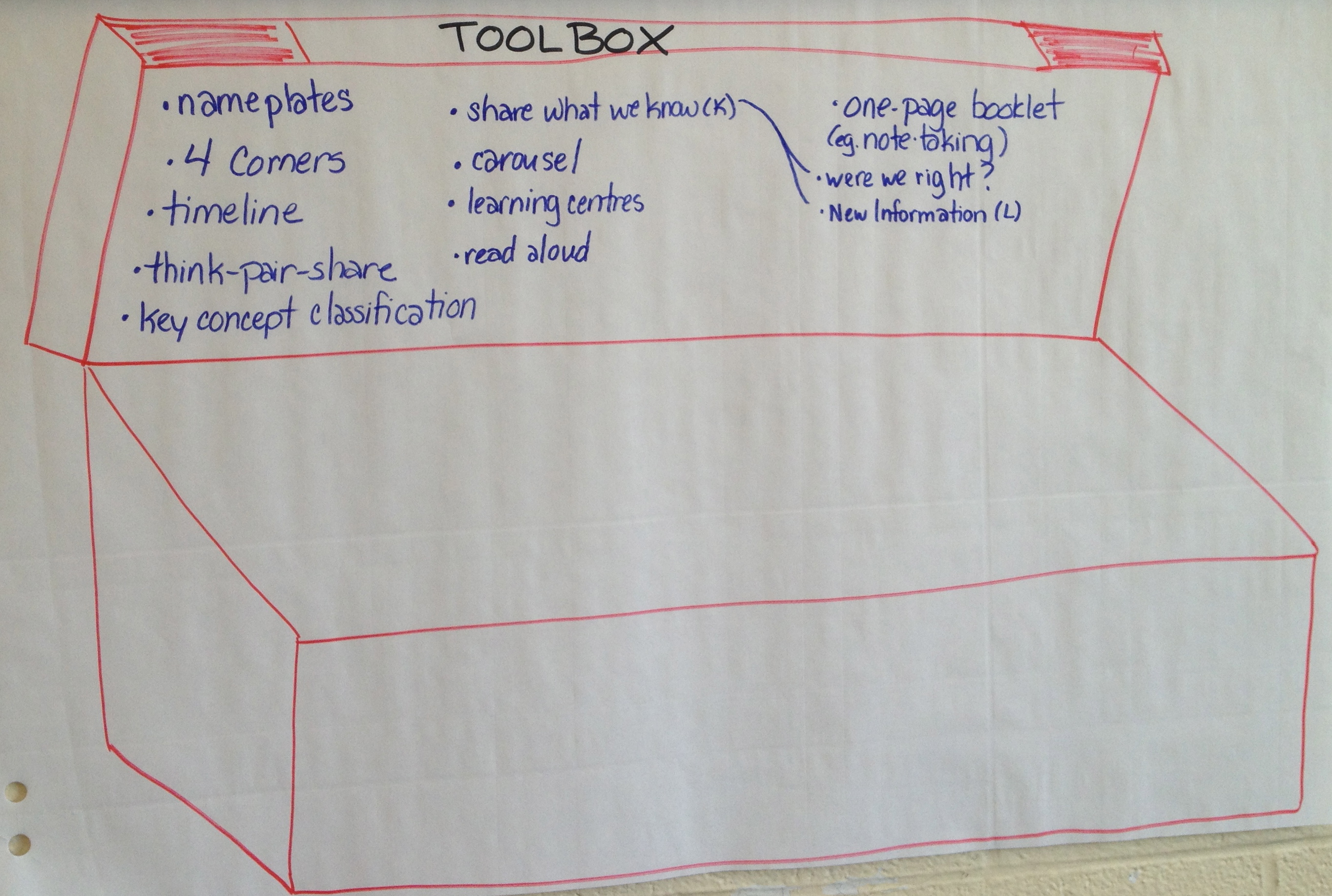What Makes a Lifelong Learner?
I just finished leading an IB PYP Workshop in Reading and Writing through Inquiry. I have now run this workshop four times and it never ceases to amaze me how different it can be each time. I am always working with the same guidelines from IB but each workshop has been in a different city, with different participants and usually with a different co-leader. Coupled with the fact that I can never lead the workshop the same way twice, they each had a different feel.
Reading and Writing Through Inquiry 2013
We were aiming for three big understandings:
- Our beliefs impact our teaching and learning – IB has a philosophical stance that we have to buy into or fake!
- What inquiry (as a process) really means. How can teachers make stand-alone literacy more inquiry-based even if our school has mandated programmes or schemes?
- A balanced literacy programme (or any other subject area) involves developing a love of reading and writing, learning about reading and writing and using reading and writing as a tool to learn about other things.
We tried something new this time that the participants really seemed to enjoy. We used the bullet points on p29 of Making the PYP Happen that list what inquiry looks like and pasted them down the left side of a chart. We then asked the participants to do several activities that we set up at learning centres. After completing each activity they assessed how inquiry-based it was using the bullet points in the chart. The more they checked off, the more inquiry-based the learning engagement. It was a strategy that could also be applied in their classroom to assess what they were doing with their students regardless of whether learning engagements were self-designed or from another programme.
Later, we read Kathy Short’s article The Search for Balance in a Literature-rich Curriculum and discussed how a balanced curriculum:
- develops a love of the subject,
- teaches how the subject works (i.e. the skills and content-knowledge) and
- uses the skills and knowledge about the subject to learn other things.
The participants reflected on one of their units and identified the activities they use in their classrooms to develop each of these three areas.
Next, they used the checklist from earlier to assess how inquiry-based each of their learning engagements were.
Why Do Some People Keep Up-to-Date?
All in all, from my point of view, it was a great workshop. I was able to work with a very knowledgeable co-leader, participants who were keen to learn and well-aware of up to date information about best practices when teaching and learning reading and writing and, perhaps most importantly, willing to share and ask questions.
I often wonder what it is that makes some people seek professional development by taking workshops, reading books and articles, watching videos and reflecting on how they apply to their own practice. Why do some teachers do this all the time? While others are less inclined?
It is always such an honour to lead these IB workshops with such thoughtful educators – thank you to everyone.

Leave a Reply